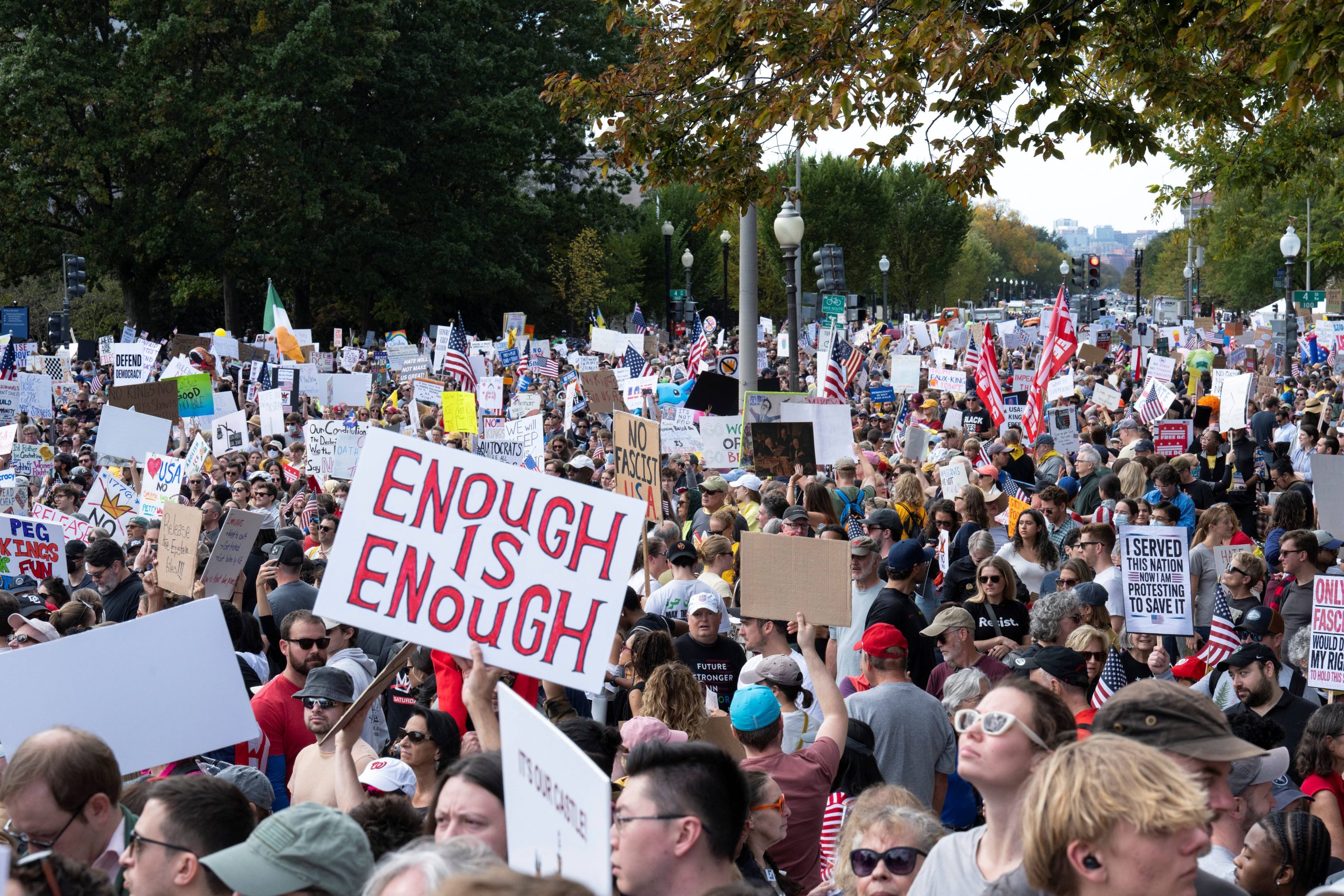Trump’s Corporate Allies: Can Consumer Power Shift the Balance?
Despite widespread disapproval and mass protests, Donald Trump continues to wield significant influence, particularly among corporations and wealthy individuals. A key question arises: why do so many businesses either actively support Trump’s agenda or passively comply with his directives, even when it appears to contradict public sentiment? The answer, according to analysts, lies in a calculated cost-benefit analysis, but new research suggests consumer behavior may be a potent counterforce.
The Corporate Calculation: Risk vs. Reward
For many American business leaders, the decision to align with Trump appears to be driven by pragmatic considerations. The potential repercussions of opposing him are tangible and immediate: regulatory hurdles, investigations, or even personal attacks. Conversely, the perceived consequences of compliance are relatively diffuse. While a majority of voters may disapprove, their discontent often translates into little direct action against the companies themselves. This creates an environment where the short-term benefits of appeasement outweigh the long-term risks of alienating a significant portion of the consumer base.
This calculation overlooks a critical element: the power of consumer choice. Can conscious consumerism effectively counterbalance the influence of corporate lobbying and campaign contributions?
Tesla’s Case Study: The Consumer Backlash Effect
A recent study focusing on Elon Musk’s Tesla provides compelling evidence that consumer sentiment can indeed impact a company’s fortunes. While the study details are not present, it suggests that negative consumer perception, potentially fueled by Musk’s association with controversial figures or policies, is having a tangible effect on Tesla’s brand and potentially its sales. This highlights a crucial shift in the power dynamic between corporations and consumers.
The Future of Corporate Accountability
The Tesla example offers a glimmer of hope for those seeking to hold corporations accountable. While regulatory oversight and political pressure remain important tools, the ability of consumers to collectively reward or punish companies based on their ethical and political stances is a force that cannot be ignored. The rise of social media and online activism has amplified this effect, allowing consumers to quickly organize boycotts and share information about corporate behavior.
Ultimately, the question of whether consumer power can truly shift the balance against Trump’s influence remains open. However, the evidence suggests that a growing number of consumers are willing to vote with their wallets, making corporate alignment with controversial figures or policies an increasingly risky proposition.
Based on materials: Vox





